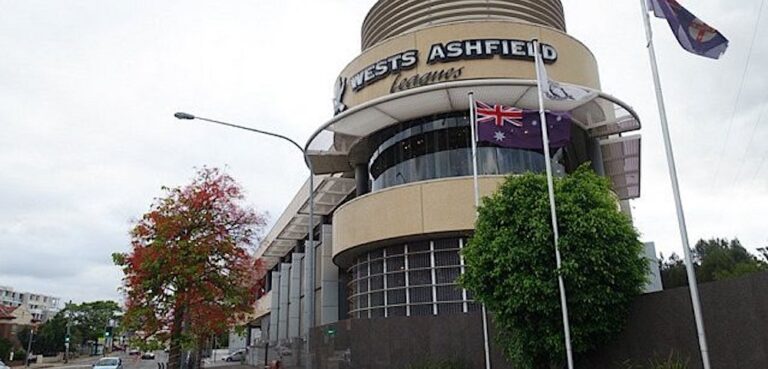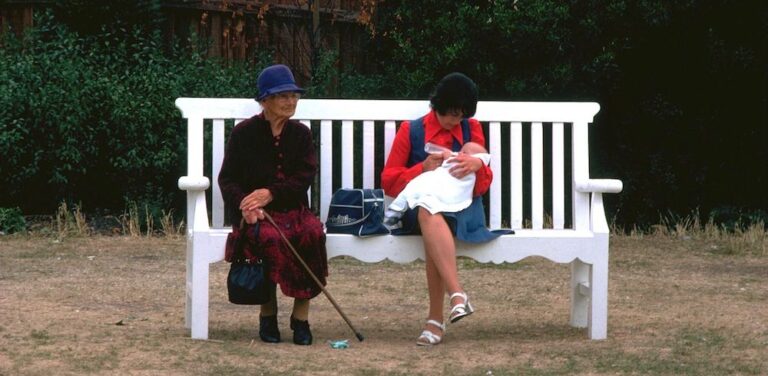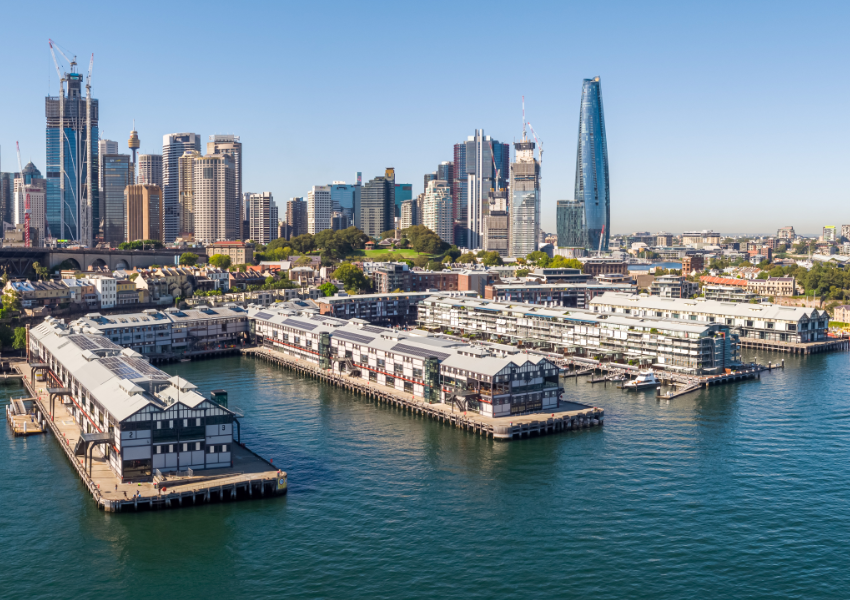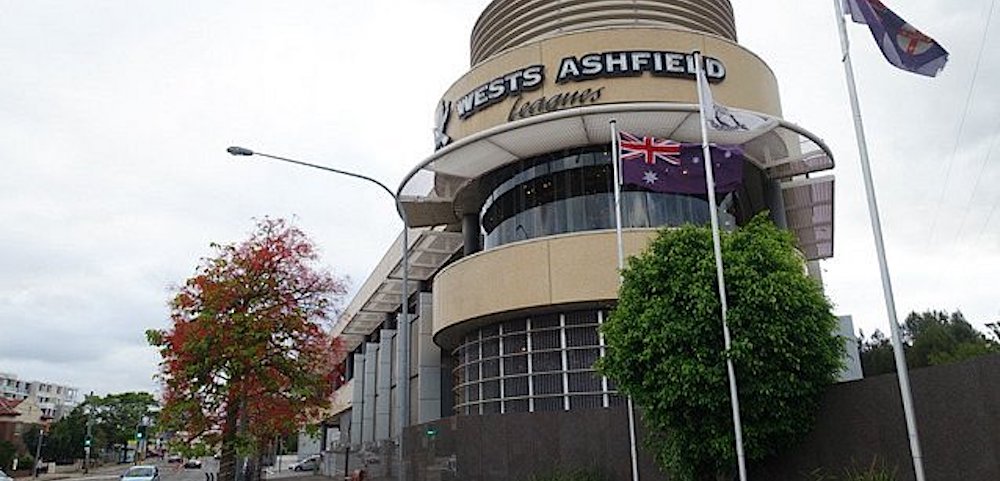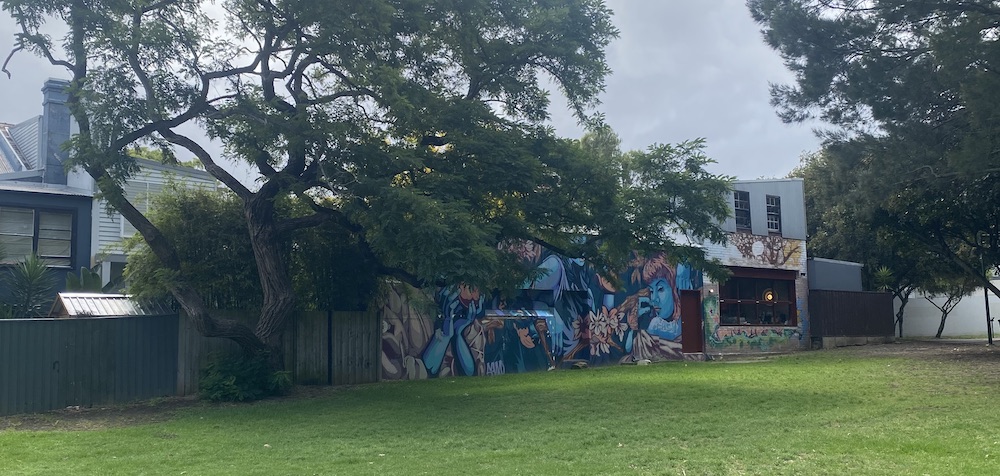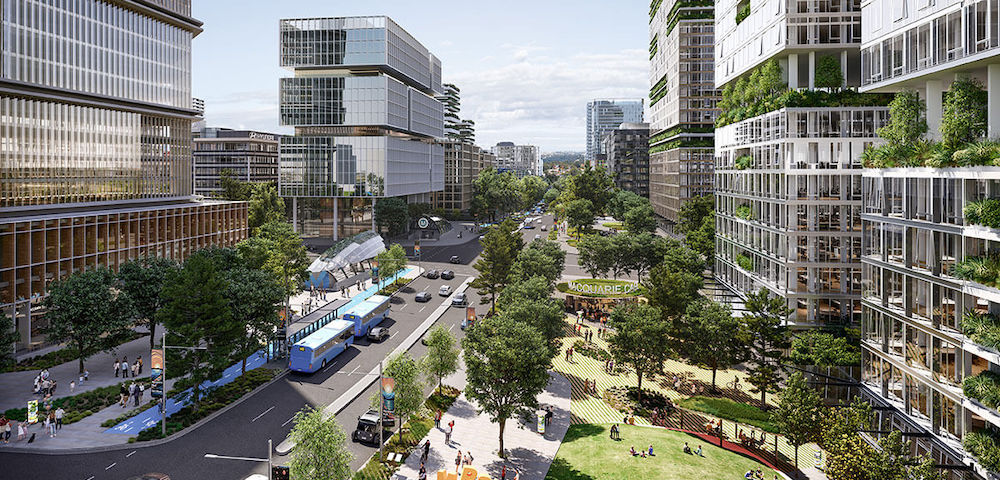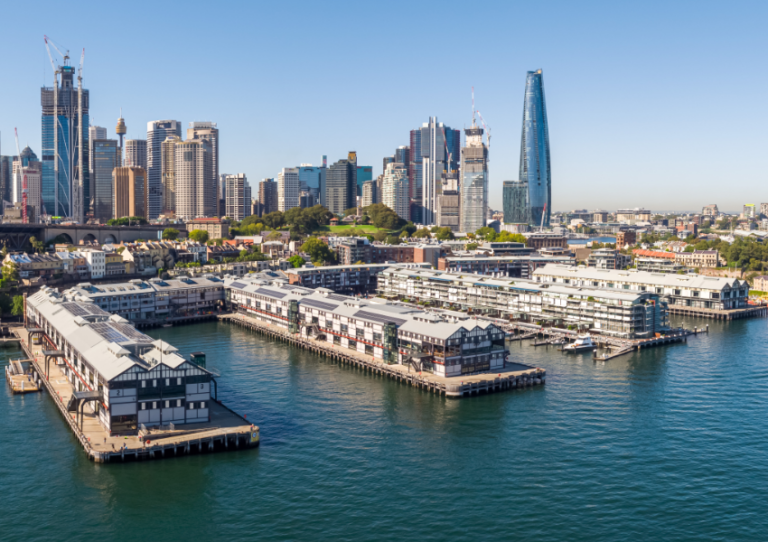
Rozelle calls for WestConnex noise reprieve
By ALEXI DEMETRIADI
With Sydney on lockdown, the city has been forced inside their homes. Everyone who is not employed in an essential service have readjusted their lives to adapt to the new work from home environment. That begs the question as to why WestConnex, the huge underground highway construction, is seemingly exempt from the new normal.
Residents of Rozelle, where construction on the M4-M5 Link Interchange is taking place, have been subject to incredible noise from the heavy-duty machinery, compounded by the fact everyone is now working from home. On top of this, a recent NSW Government ruling has allowed construction to take place on weekends and bank holidays.
A spokesperson for Transport for NSW told City Hub that while WestConnex does produce noise, it also produces jobs during this tough economic time. “Unfortunately, our work will be disruptive for some local residents now working from home,” a spokesperson said. “We understand these impacts and will continue working on potential solutions to help mitigate the effects.”
Construction noise pushback
The effects and noise of the construction is expected to continue, if not increase. Residents have had to put up with noise throughout the day, often continuing into the night. Large amounts of dust can be seen around construction areas, billowing into back gardens.
But there has been pushback against the continuation of the WestConnex construction, or at least a push to force a compromise. NSW MP for Balmain, Greens’ Jamie Parker, has worked alongside the residents of Rozelle, writing to Transport for NSW in the hope of curtailing the operational hours of WestConnex.
“All over Sydney people are working from home, studying from home – not leaving the house is the new normal,” Parker told City Hub. “Yet, construction and development hasn’t kept up with that new normal.” Rozelle residents have found themselves not listening to colleagues on Zoom, but instead the non-stop hammering of WestConnex machinery.
“Traditionally that would happen during the day when people were usually at work, so wouldn’t really have been at home during the incredibly noisy work,” Parker said. “But now people are at home during the day, so people are being exposed to huge amounts of noise and dust, which usually they wouldn’t see.”
John Stamolis is a councillor for the Balmain ward on the Inner West council and is equally adamant that WestConnex has to adapt, much like the residents his council represents. “What you used to be able to get away from, you can’t get away from now – people are trapped in their homes having to deal with major changes in their lives,” Stamolis explained to City Hub. “If one group has to adjust their lives – well, we’re simply asking, why can’t infrastructure projects do the same?”
Parker and residents in the affected area sent a letter to Transport for NSW last week in an attempt to force the department to reach a compromise. “What we’re saying is that the government has asked so many people to make sacrifices, and what we need is that the constriction companies to be flexible to make sure this new reality is made bearable,” said Parker. “People have been asked to make sacrifices, surely government projects should be flexible and recognize this new reality.”
Drowning out the noise
Every resident in every city knows that they are expected to put up with a degree of construction noise. But when people are now constricted to leading lives indoors, it is clear that there is a limit to what one can take. “There is a range of options that could work but ramping up construction is totally contrary to what is needed,” said Stamolis. “Of all the options to try and moderate it, they’re ramping it up!”
Parker explained that usually when there’s high impact noise activity constructors could give residents noise cancelling headphones, but when you are supposed to work from home and run a normal routine – it is hard to do that while wearing large headphones.
“While that may have been fine six months ago, today people are working via zoom, teaching music lessons, having classes online – it isn’t feasible,” explained Parker. “You have students studying for their HSC’s and there needs to be some understanding that things can’t go on as before.”
Residents’ demands are not unreasonable. They have called for an end to night work as well as a potential 4-2-4 system of work, with four hours of work followed by two hours of respite. This would allow residents to at least form a plan for their day.
Ultimately, for Stamolis, there should be some understanding and recognition on part of the construction company that everyone needs to work and pull together. “Surely, the government can understand the impact of such a major project and make some balanced adjustments – if every person and every business has had to accept major change, so too should WestConnex,” Stamolis said. “Surely an infrastructure project is part of the community and it should adjust in accordance to and with our community.”
City Hub‘s previous reporting on WestConnex: http://cityhubsydney.com.au/?s=westconnex

